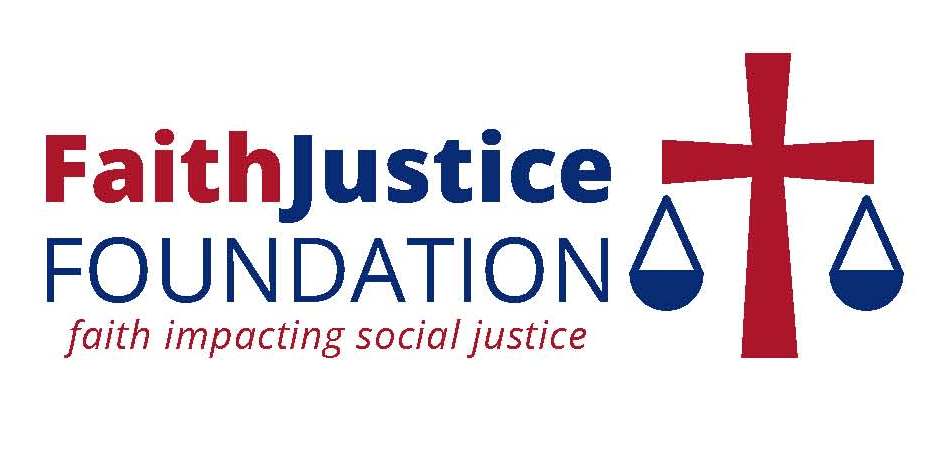Social Justice Small Groups
Social Justice Small Groups
Over the past two years, we have had conversations with faith leaders who want their congregations to be more involved in social justice but do not know where to start. Through Social Justice Summer, we invite you to start with discipleship.
Discipleship is the lifelong process in which people of faith continue to see themselves as disciples or students of the faith, students of scripture, and students of those leaders who have gone before us. Faith leaders who attend seminary study scripture, theology, history, ethics, and more. At the local level, however, many congregations limit discipleship to the study of scripture without delving into theology and ethics. The result is that there are many people of faith who want to embrace social justice but also want the theological and ethical language to articulate how their faith relates to important social justice issues of our time.
When we start with discipleship, we begin by studying what our faith says about social justice, learning the facts about issues affecting our community, and then taking informed and inspired faith-based action for justice in our world.
Social Justice Summer is a great way to start a small group ministry, introduce new small groups in your congregation, or introduce a new book study to already existing small groups.
What?
Small groups are comprised of 6 to 12 individuals who meet regularly to study, fellowship and grow as disciples. Small groups build a sense of community, learning together, caring for one another, and serving together in mission or ministry. Social Justice Summer extends the well-known model of small group discipleship to the area of social justice. We invite you to pick a book from our social justice syllabus, along with the accompanying study guide, and form one or more small groups to discuss the book and sermon series. Small group resources are listed at the end of this page.
Why?
We were made to live in community. The Christian understanding of God is one of community (Trinity). Jesus modeled small group community with the twelve apostles. Moreover, the early church grew through the spread of small groups known as house churches (Acts 2:42-47). John Wesley also encouraged small groups, known as classes, for spiritual growth and accountability. Many growing congregations continue to utilize small groups to build fellowship and discipleship beyond that which can be achieved on Sunday morning during worship.
Who?
- Identify a point person for small group ministry if your congregation doesn’t already have one. Consider clergy or lay staff or a director of evangelism, Christian education, or adult discipleship.
- Identify and invite individuals, especially lay people, to serve as a leader or co-leader of a small group. Consider those who display spiritual leadership.
- For home-based groups, identify those who can a host a small group in their home. This may or may not be the small group leader.
- Identify and invite worshippers to become small group members.
- Publicize the small groups and invite members of your community to join.
- Identify a leader-in-training for each small group to continue leadership development
- Consider how best to Include youth and young adults in the planning and implementing of a small group ministry.
When?
- Sunday School: Some congregations have uses the small group model to revitalize adult Sunday school
- Sunday afternoon: Consider a “lunch and learn” small group following the 11am service
- Weekdays: Lunch time during the work week or mid-morning for retirees
- Weekday Evenings: Invigorate Wednesday night studies or expand to other evenings
Where?
Small groups can meet at church, in a home, in some workplaces, or at a coffee shop, diner, library, or other community location. Small groups are a great way to extend beyond the church building and to create a safe space for seekers and the unchurched to engage in study, growth, and fellowship.
Resources
- Just Mercy Discussion Guide
- Just Mercy Diocese of Atlanta, Episcopal Church Study Guide
- Christ in Crisis Discussion Guide
- Clay Morgan, “5 Steps to Small-Group Facilitator Success.”
- United Methodist Communications, “Wesleyan Small Groups for Today.”
- Bill Donahue, Leading Life-Changing Small Groups (Zondervan, 2012).
